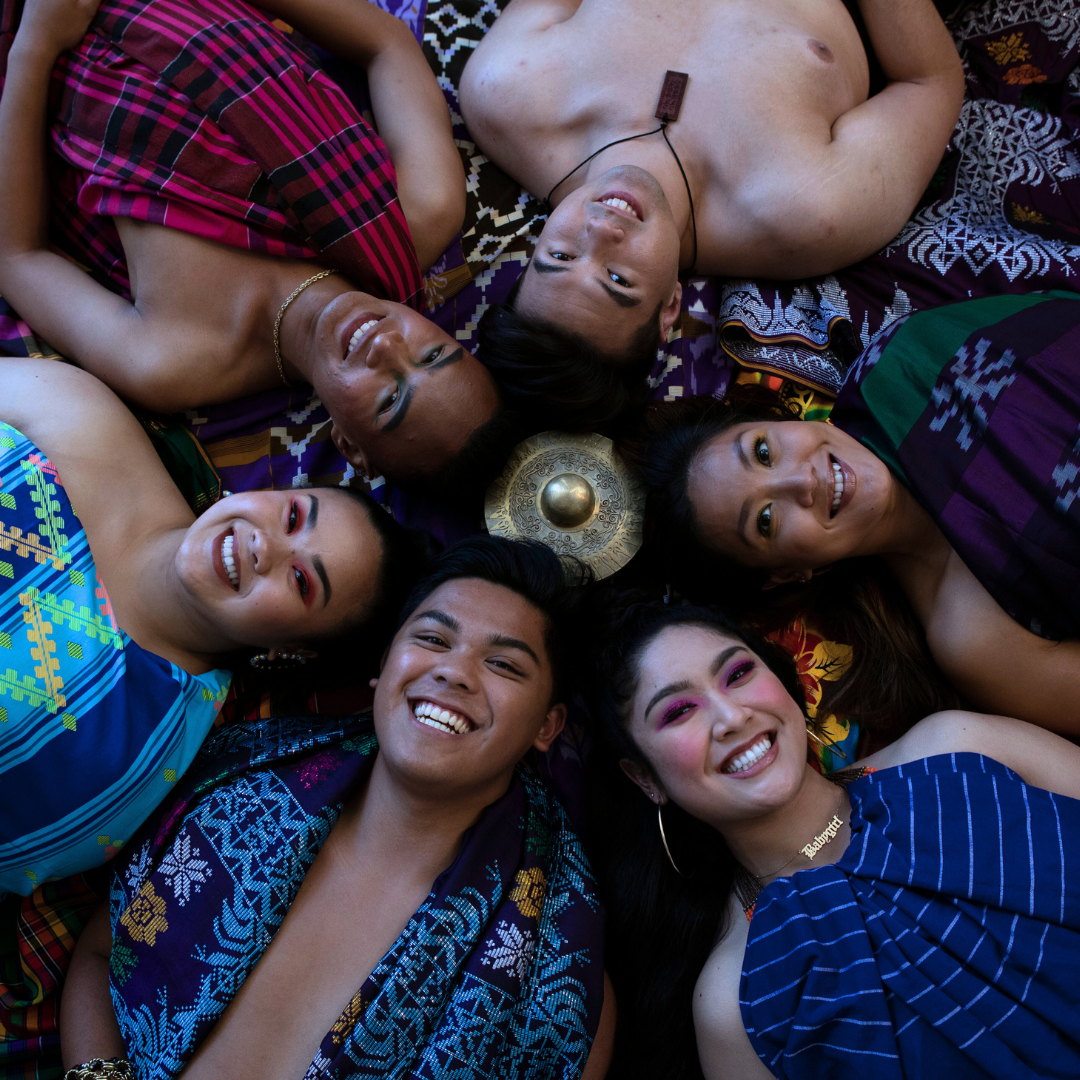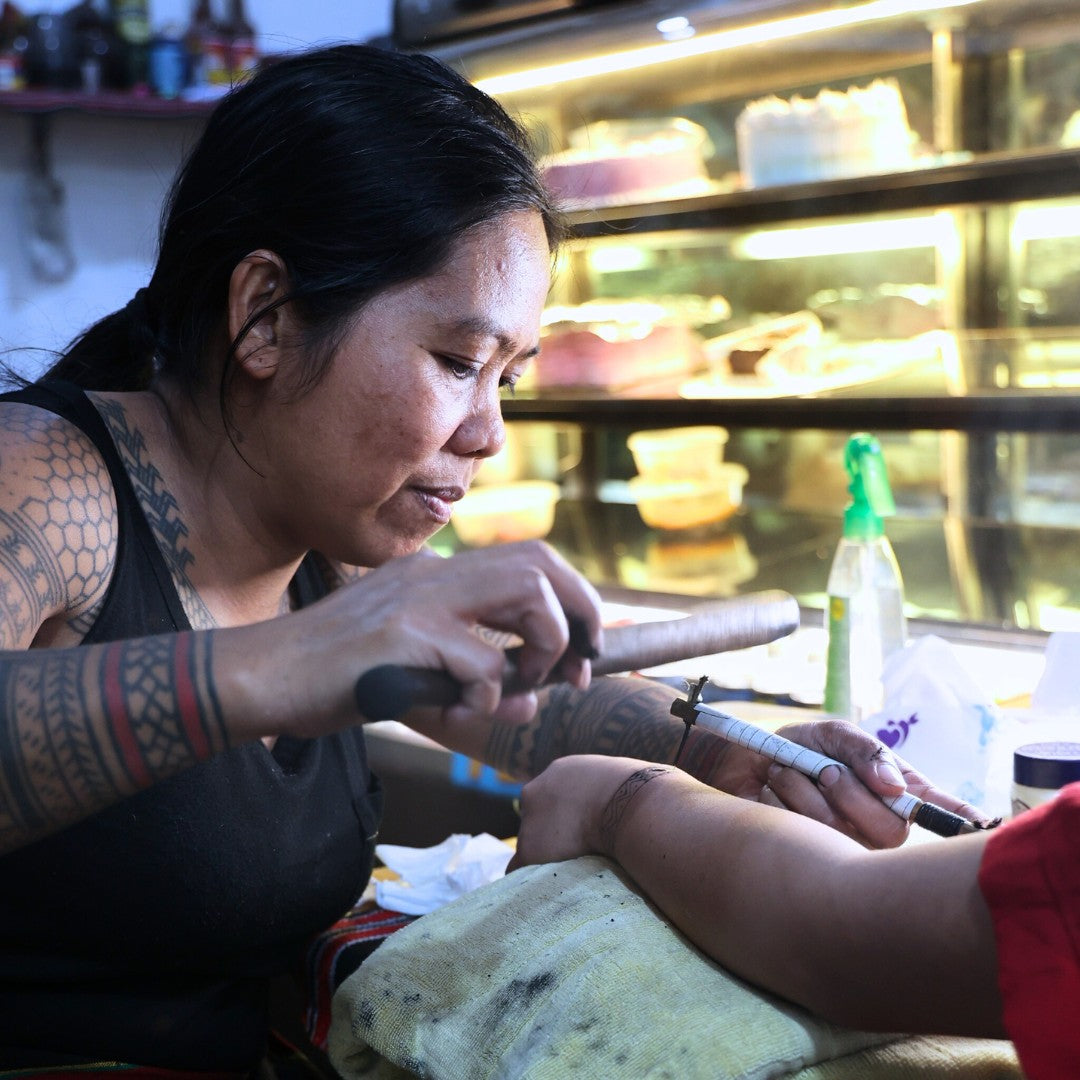Embracing Pre-Philippine/Pre-Colonial Culture for Sustainability and Diversity

In an increasingly interconnected world, the importance of cultural representation cannot be overstated. For Filipinx, this means reconnecting with our pre-Philippine/pre-colonial culture and embracing the core principles of balance and sustainability embedded within it. We want to shed light on the significance of these principles and how they can guide us towards a more diverse and sustainable representation of Filipino culture, countering the monolithic portrayals often seen in mainstream media.
Beyond Stereotypes
It's no secret that Hollywood and mainstream media have often portrayed Filipino culture in limited, stereotypical ways, perpetuating one-dimensional narratives that fail to capture the depth and diversity of our culture. From the "exotic islander" trope to the constant focus on maids and nurses in pop culture, these depictions do not reflect the complex history and cultural diversity of the Philippines. Add the representation of Filipino culture that has been very “Manila-centric” over the decades, what has been failing is the presentation of other Indigenous communities that the Philippines is made of.

Embracing our pre-Philippine/pre-colonial culture allows us to challenge these stereotypes by presenting a more holistic image of who we are. The Philippines is not a monolithic entity but a nation comprising various ethnic groups, each with its unique traditions, languages, and practices. We honor this diversity and assert our multifaceted identity.
Balance and Sustainability

One of the most striking features of pre-Philippine/pre-colonial culture is the emphasis on balance and sustainability. These principles were deeply ingrained in the daily lives of our ancestors, and they offer valuable lessons for our modern world grappling with environmental challenges.
Pre-colonial communities understood the importance of maintaining harmony within their ecosystems. They practiced sustainable agriculture, fishing, and forestry, ensuring that they did not deplete natural resources beyond their capacity for regeneration. In these societies, balance extended beyond the environment to interpersonal relationships. Conflict resolution and consensus-building were key components of community life, promoting social stability and cohesion. Our ancestors embraced a wide array of belief systems, languages, and artistic expressions. This diversity enriched their societies and fostered creativity.
Balancing Representation
When we look at the way our culture is often portrayed in the diaspora, it's clear that balance is often sacrificed for sensationalism. We take something representative of ourselves and amplify it to an extreme, which can perpetuate misunderstandings and misrepresentations.
How to draw from the core principle of balance? How do we present the diversity of our traditions, beliefs, and practices? Whether it's celebrating the indigenous cultures of the Cordilleras, the maritime practices of the Visayas, or the artistic traditions of Mindanao, every facet of our pre-Philippine/pre-colonial heritage deserves recognition.
Sustainability for the Future
In an age marked by environmental crises and cultural homogenization, embracing the sustainability principles of our ancestors becomes increasingly relevant. By applying these principles to our modern lives, we can work towards a more sustainable future for both our culture and the planet. We can learn from pre-Philippine/pre-colonial agricultural practices that nurtured the land rather than depleting it. By adopting sustainable farming techniques and reducing waste, we contribute to a healthier environment.
We support revitalizing pre-colonial languages, arts, and traditions, we ensure that future generations have a connection to their history and ancestral knowledge. This cultural sustainability is crucial for maintaining our identity. The emphasis on social harmony can guide us in building more inclusive and equitable communities. Recognizing the value of consensus-building and cooperation, we can address social issues more effectively.
Embracing our pre-Philippine/pre-colonial culture is not a rejection of progress but an affirmation of our identity and a source of valuable wisdom from our elders. By centering the principles of balance and sustainability in our cultural revival, we can contribute to a more diverse and sustainable representation of Filipino culture. This not only counters harmful stereotypes but also paves the way for a more harmonious future for Filipinx communities everywhere.




Comments